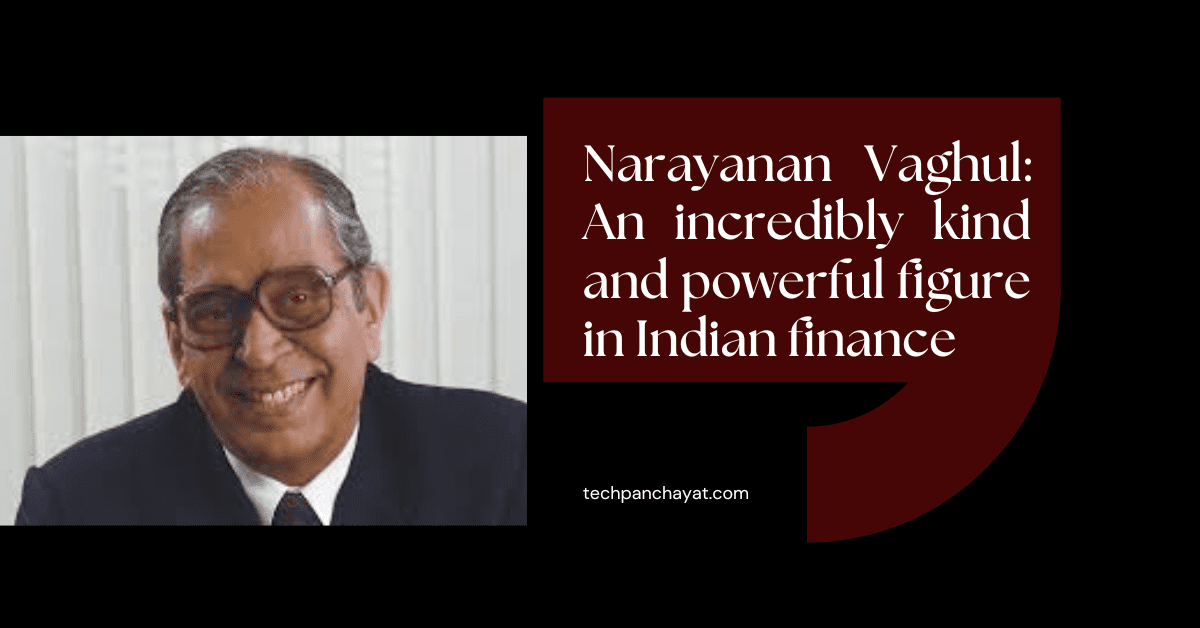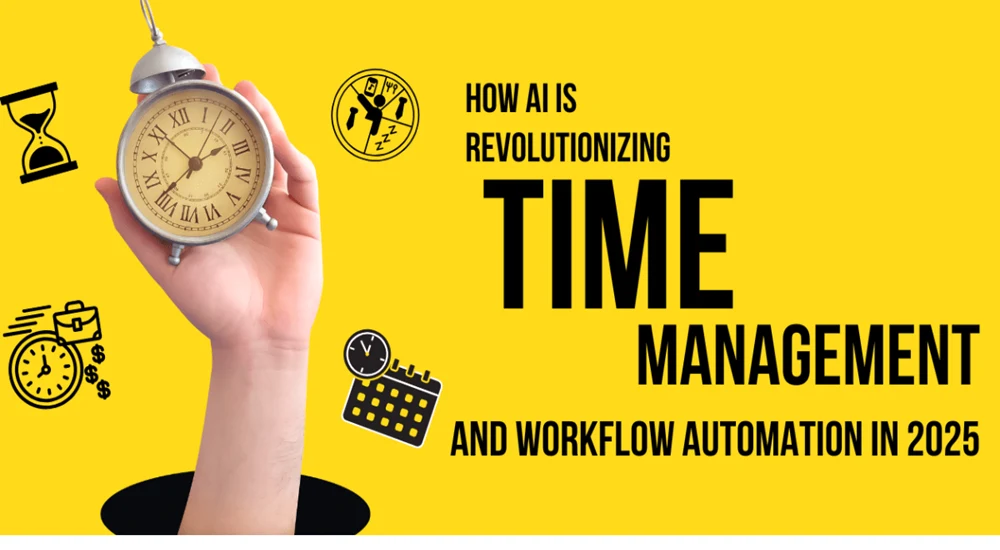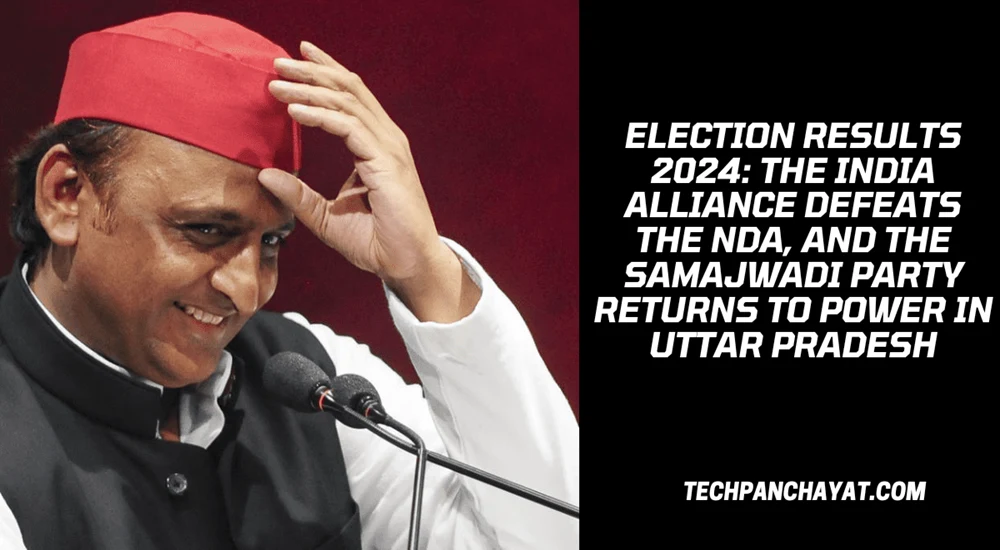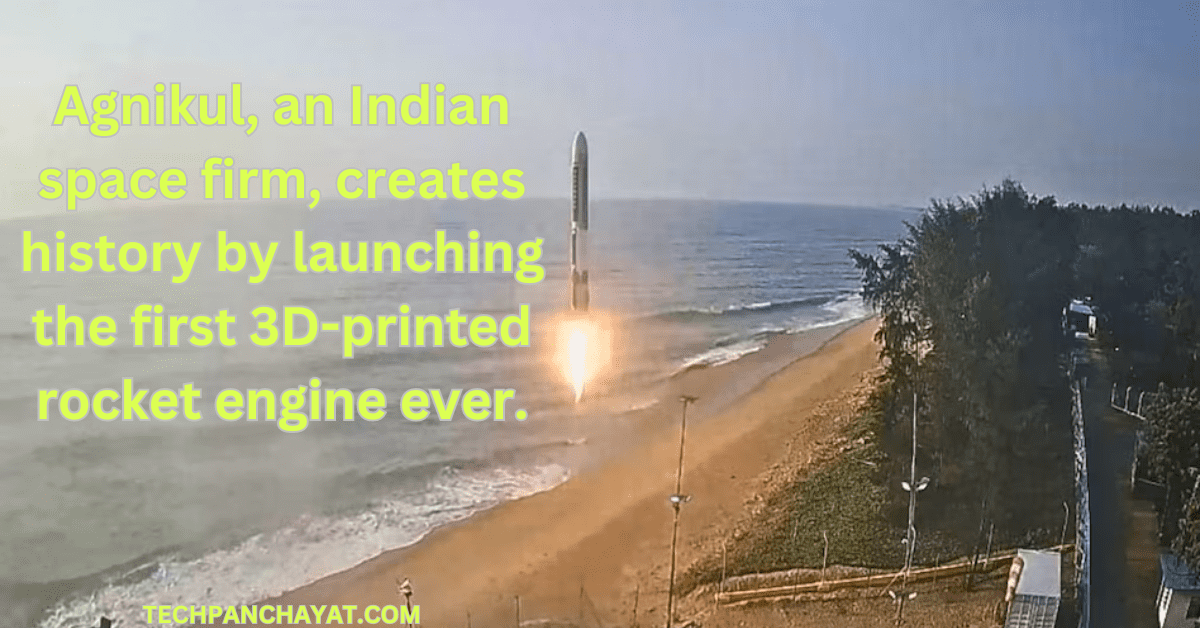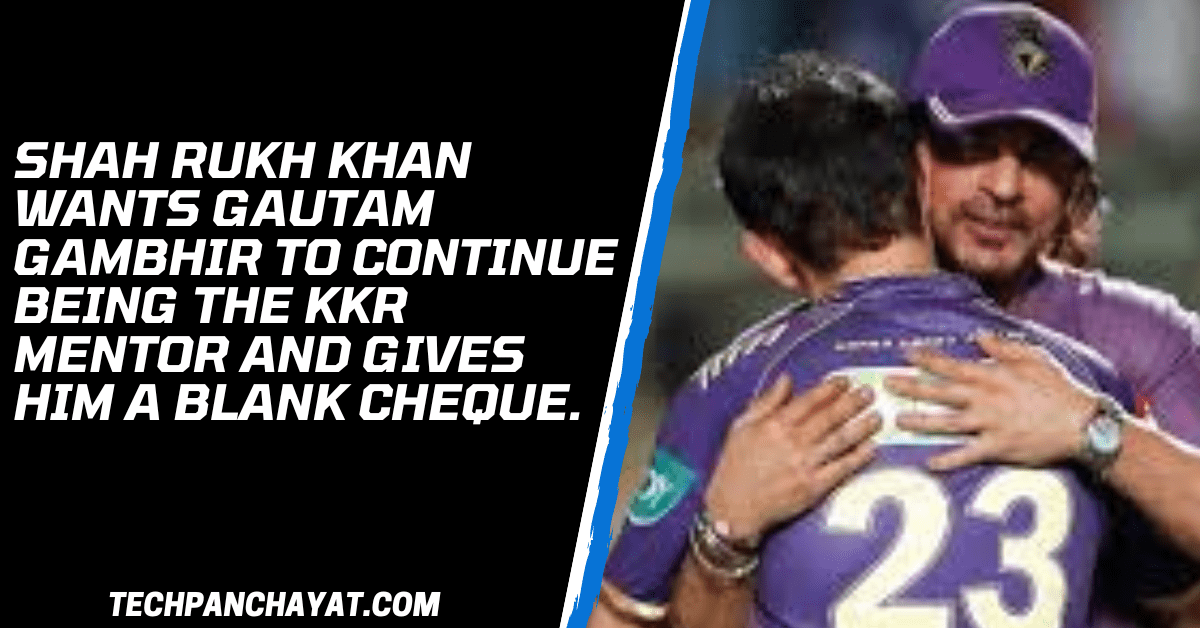I have been fortunate to receive Narayanan Vaghul’s kindness and have seen his outlook on life and government service. I would like to present a few examples.
in the young age of 44, Vaghul began serving as Chairman and Managing Director of the Bank of India in the beginning of 1980. His presence offered a new viewpoint. He thought that knowledge was not limited to the head office (HO) but rather existed across the bank. He started a procedure whereby he identified problems the bank was facing and invited the officers in charge of these problems to a meeting at the HO to discuss and determine how to resolve them.
When I was a JM Scale I Officer at Bank of India, RO Hyderabad in 1981, I went to a three-day O&M officers’ seminar at the HO, where Vaghul led the discussions and actively participated. We disagreed on the answers even though we might agree on the challenges. He never interrupted me, even when we disagreed—instead, he took notes. In a show of humility and compassion, he surprised me on the last day by asking if I approved of a draft summary of the decisions.
After another meeting on the same subject in Chennai, I received word from a high-ranking officer that he had appreciated my bravery in openly disagreeing with him and had taken note of my comments in a follow-up conversation. This episode demonstrates his extraordinary altruism.
Even though he had a bachelor’s degree in commerce, he was ahead of his time in terms of technology application in banking. He foresaw benefits for the Bank of India and the wider banking system with the imminent deployment of our satellite INSAT 1B, ahead of comparable plans by major global institutions.
Vaghul, who is renowned for his simplicity, once went to Hyderabad to meet with the ECIL Chairman to discuss issues. His modest request for a car and driver for the visit was indicative of his humble demeanor.
He had good public speaking skills. I remember an earlier speech in which he used the comparison between dinosaurs and big organizations such as banks to highlight the significance of flexible and effective management information systems. This strategy resulted in important changes to banking procedures.
I have kept in touch with Vaghul on and off; he became my hero. I’ve been greatly impacted by his innovative and leadership style.
He founded multiple companies while serving as ICICI’s chief financial officer, significantly boosting the company’s market value and reputation. The reverse merger of ICICI with ICICI Bank was a clear example of his strategic vision.
He continued to guide and assist his successors even after assuming non-executive positions, facilitating seamless leadership changes.
His life and work serve as an example of how morality, hard work, and foresight may lead to the pinnacles of success. His traits make me think of APJ Abdul Kalam, our last president.

